Plantae Presents: Exploring Plant Science Research Across the Globe: Insights from Leading Researchers
Plantae Presents: Exploring Plant Science Research Across the Globe: Insights from Leading Researchers
Featuring Federico Ariel, Sónia Negrão, and Felipe Klein Ricachenevsky
When: Friday, April 26, 2024, at
8:00 AM PDT | 11:00 AM EDT | 4:00 PM BST | 3:00 PM UTC
About this Webinar
In this webinar, we will focus on the landscape of plant science research across different parts of the world. Through talks with notable researchers who have pursued their scientific careers in diverse regions, our aim is to uncover the realities faced by scientists in various geographical contexts and how these regions shape research projects. Don’t miss this opportunity to gain insights into the main challenges of conducting research away from the home country, the benefits of diverse perspectives, and the resilience of scientists working with limited financial support in developing countries.
Hosted by the 2024 Plantae Fellows.
SPEAKERS
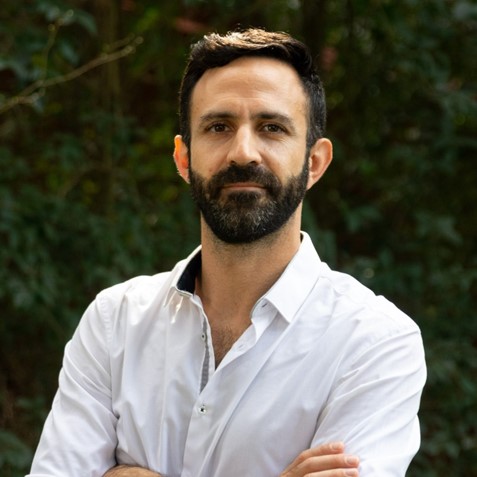 Federico Ariel
Federico Ariel
Federico Ariel (he/him) began his research for his PhD into the role of transcription factors in symbiotic nodule organogenesis in legumes with Dr. Raquel Chan at Instituto de Agrobiotecnología del Litoral (IAL) in Santa Fe, Argentina. In 2010, his work was chosen as the best from all over Latin America by the Brazilian Society of Molecular Biology and Biochemistry. He then obtained a European Molecular Biology Organization (EMBO) fellowship to join the group of Dr. Crespi at the Institute of Plant Sciences Paris-Saclay (IPS2) in France. During his time at Saclay (2011-2016), Federico pioneered the characterization of long noncoding RNAs (lncRNAs) in plants and contributed to the mechanistic understanding of their role in epigenetics and alternative splicing. In 2016, he obtained a permanent position at the Argentinian Research Council (CONICET) and set up his own group (the Epigenetics and Noncoding RNAs, EPILAB) at IAL, Santa Fe, which currently studies the evolution of lncRNAs and their role in the dynamic 3D organization of the genetic information hosted in the nucleus of plant cells. In 2018, Federico and colleagues formed an International Associated Laboratory between France and Argentina. In 2021, he obtained a short-term Fulbright Scholarship to join John Rinn’s lab (CU Boulder, USA) to undertake research on mammalian lncRNAs. Since his return to his home country, he has won several national and international prizes for his research, such as the recent UNESCO – Al-Fozan Prize in 2023. Federico is a scientist committed to respecting the environment and human health and he is passionate about innovative technologies for sustainable agriculture. In 2022, he co-founded APOLO Biotech, which is dedicated to the development of RNA-based technologies for the protection of crops from pathogens and to enhancing the resilience of plants to climate change in a sustainable manner. You can find him on X: @arg_epilab.
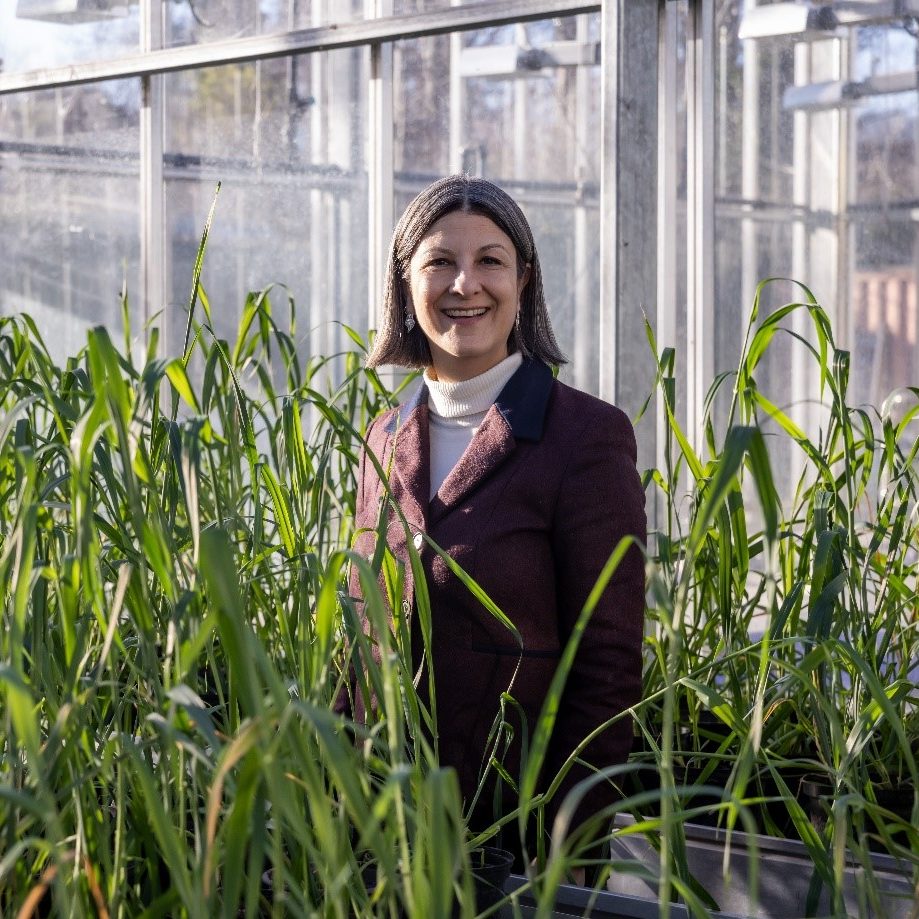 Sónia Negrão
Sónia Negrão
Dr. Sónia Negrão (she/her) is an Assistant Professor at University College Dublin and leads the Crop Stress Interaction Lab (CSI-Dublin). Her research focus on the improvement of crops’ tolerance to abiotic stress under changing climate conditions using plant-based imaging phenotyping and exploring underutilised genetic resources. She obtained her Ph.D. from the Instituto de Tecnologia Química e Biológica, Universidade Nova de Lisboa (ITQB-UNL, Portugal), collaborating with the International Rice Research Institute (Philippines) on heritage rice breeding. During her postdoctoral research at ITQB-UNL, she shifted her focus to salinity stress in rice. She also worked as a research scientist at the Salt Lab in King Abdullah University of Science and Technology (Saudi Arabia). With her vast experience working across the globe, she shares her insights into the challenges and opportunities of international research endeavors. You can find her on X: @sonicanegrao.
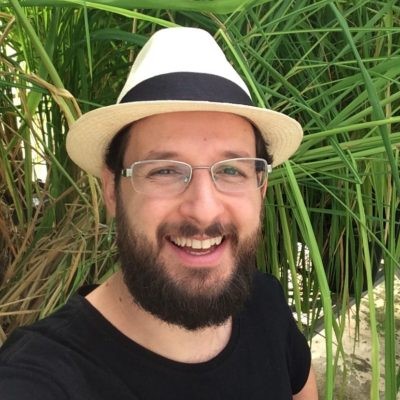 Felipe Klein Ricachenevsky
Felipe Klein Ricachenevsky
Dr. Felipe Klein Ricachenevsky (he/him) is an Associate Professor at the Federal University of Rio Grande do Sul (UFRGS), Brazil. During his PhD in Cell and Molecular Biology at UFRGS, Felipe was granted internships in different laboratories in the United States, at Dartmouth College, Purdue University, Stanford University and Brookhaven National Laboratory. These experiences allowed him to learn and develop skills such as the use of synchrotron radiation, X-ray fluorescence and computerized tomography to characterize the spatially-resolved accumulation of metals in plants. As a postdoc, these skills were further developed in National Laboratories in Brazil, in Aberdeen University in Scotland and during his postdoc with Prof. Mary Lou Guerinot at Dartmouth. Back in Brazil, in 2015 Felipe joined Federal University of Santa Maria as an Assistant Professor, and has moved in 2020 to his alma mater, UFRGS. He continues to collaborate internationally and was recently granted a Fulbright Scholarship. In his work on ion homeostasis mechanisms and metal transporter characterization in rice and Arabidopsis, he brings together imaging, molecular and physiological techniques to elucidate nutrient dynamics both at steady-state and stress conditions. Amid successful grant applications and a burgeoning career, Felipe makes a point of listing his young daughter, born in 2016, as his main full-time concern, and has been active in the Parent in Science initiative. You can find him on X: @RicaFK
MODERATORS
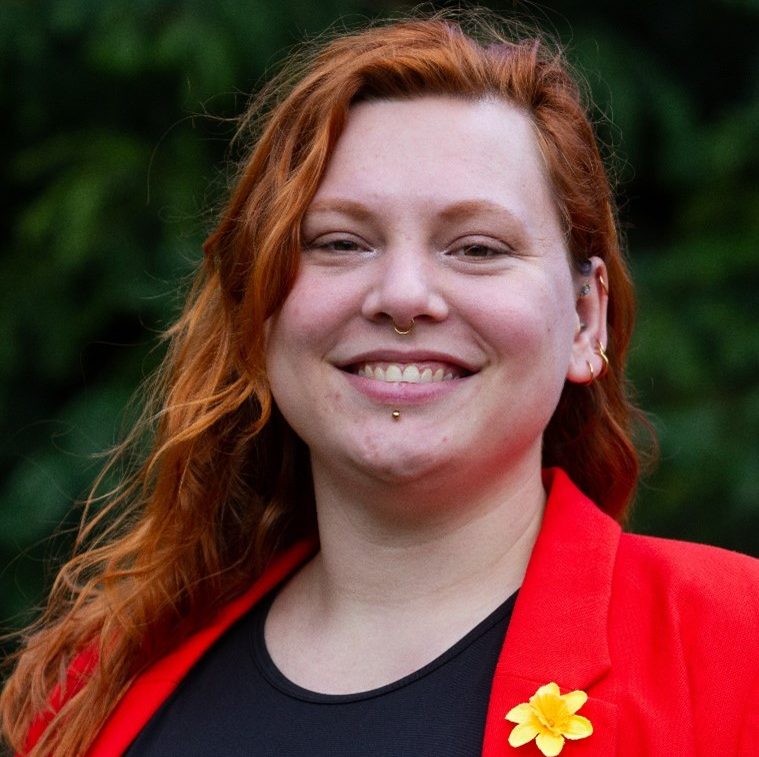 Villő Bernád
Villő Bernád
Villő Bernád (she/her) is a PhD student at University College Dublin, where she focuses on studying waterlogging stress in barley. With a keen interest in bioinformatics and data analysis, she is passionate about unravelling complex biological phenomena. Dedicated to contributing to the university and Ph.D. community, Villő actively takes on various roles and organizes events and opportunities to foster collaboration and growth.
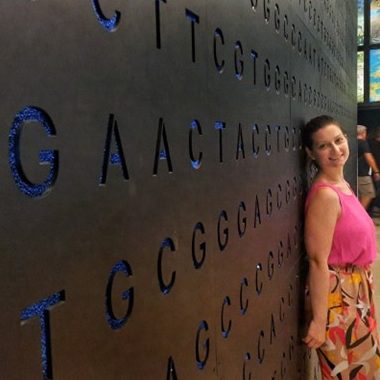
Ileana Tossolini
Ileana Tossolini (she/her) is an Argentinean Assistant Researcher in the small RNA Biology Lab at the Instituto de Agrobiotecnología del Litoral (IAL, UNL-CONICET, Argentina). She earned her Bachelor’s degree in Bioinformatics from the Universidad Nacional de Entre Ríos in Argentina and a PhD in Biological Sciences from the Universidad Nacional del Litoral. In 2020, she joined the group of Dr. Manavella at IAL as a postdoctoral fellow to delve into the fascinating world of plant non-coding RNAs. Her research focuses on studying the effects of siRNAs on genome structure, integrity, and evolution, as well as the mechanisms regulating miRNA biogenesis in plants. Ileana is also passionate about teaching, science communication, and photography. You can find her on X: @IleanaDrt.
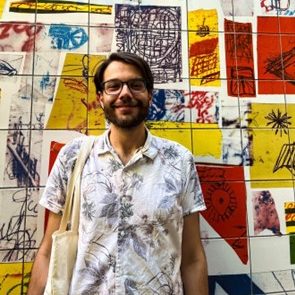
Johnatan Vilasboa
Dr. Johnatan Vilasboa (he/him) is a Research Fellow at the University of Nottingham. Born in Brazil, John has worked on Bioprocess Biotechnology and Plant Pathology during his BSc in Biological Sciences before moving to Plant Physiology and Propagation during his PhD in Cell and Molecular Biology. Having worked on eucalypt propagation in South Brazil for four years, John now tackles the elusive propagation by cuttings of UK broadleaved tree species. Plant Biochemistry, Plant Hormone Biology and Tree Physiology are among his research interests. John is also passionate about science education and spends his free time doing crossword puzzles over multiple cups of coffee. You can find him on X: @vilasjohn.



